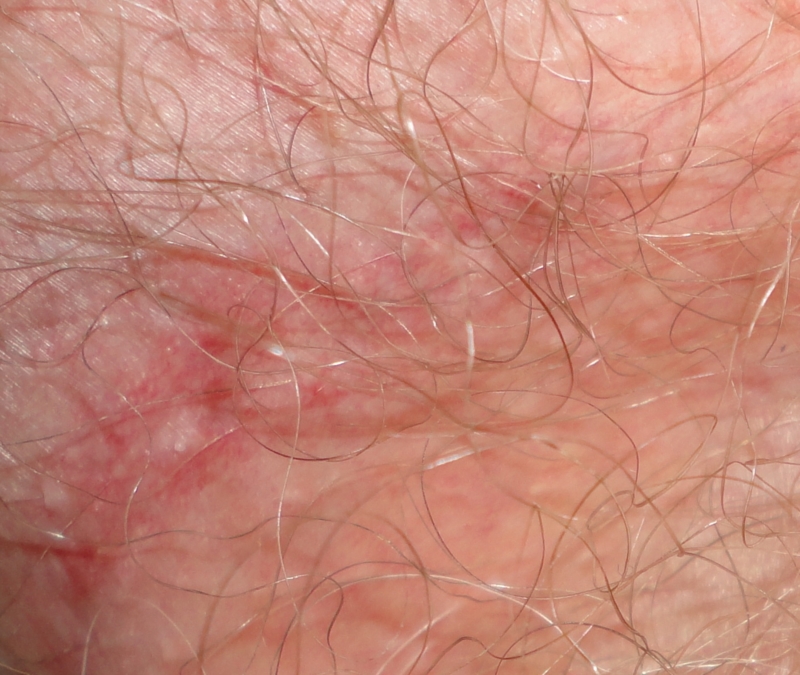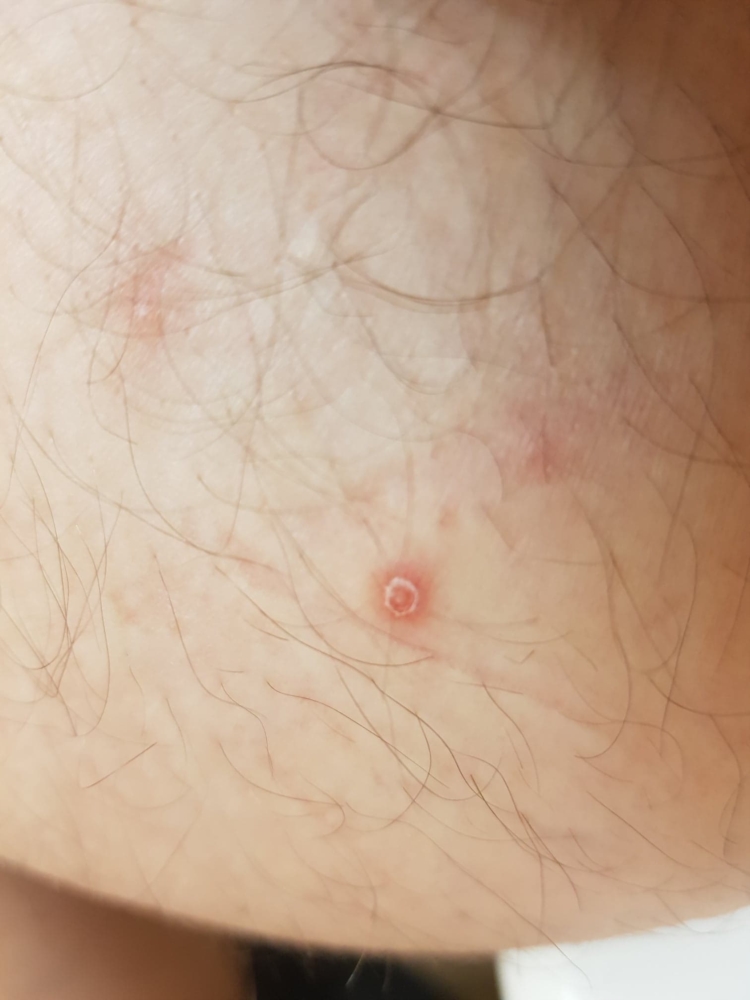

These blisters break open and ooze fluid before forming a crust. If you’re infected with HSV-1, commonly known as oral herpes, you may notice tingling or burning around your mouth in the days before a cold sore appears. How long do sores from herpes simplex last?
#Does herpes itch skin#
Touching a person’s skin near the mouth.Healthcare providers call this asymptomatic viral shedding. But you can infect someone else even if you have no symptoms.

If you have herpes simplex, you are most likely to pass the virus to another person when you have sores. The virus can be found in skin and saliva. Herpes spreads through close contact with a person who has the infection. About 15% of 15- to 49-year-olds contract HSV-2. About 2 in 3 people worldwide (and up to 80% of Americans) contract HSV-1 by age 50. Herpes simplex is widespread around the world. Black people who were AFAB are especially vulnerable, with an estimated 1 in 2 people AFAB between the ages of 14 and 49 infected with HSV-2. Delicate vaginal tissue can tear, making it easier for the infection to get in. People assigned female at birth (AFAB) are more at risk. It can spread if you have multiple sexual partners and don’t use condoms or dental dams. Genital herpes affects sexually active teens and adults of all genders and races. Who gets HSV-2, commonly known as genital herpes? It spreads when an adult who has the virus has close contact with a child, such as when a family member kisses a child. Most people contract HSV-1 during childhood. Who gets HSV-1, commonly known as oral herpes?Īnyone can get HSV-1.

Don’t use condoms for intercourse and dental dams for oral sex.Have a history of any sexually transmitted infection (STI).You are more likely to get the virus if you: People of any age can contract herpes simplex. Either form of HSV can show up on any area of skin that comes into contact with the virus. HSV-2 spreads through sexual contact and usually affects your genitals. HSV-1 spreads through contact with the virus in saliva or skin. What is the difference between HSV-1 and HSV-2? Sometimes a herpes infection can affect other parts of your body, such as your eyes or other parts of your skin. It causes sores on skin that comes in contact with the genitals of an infected person. Herpes simplex 2 (HSV-2, commonly known as genital herpes) is a sexually transmitted disease (STD).HSV-1 spreads through contact with saliva (spit). Herpes simplex 1 (HSV-1, commonly known as oral herpes) tends to affect your mouth or face.

But it can be dangerous in infants and people with weakened immune systems. Herpes simplex virus typically doesn’t cause severe problems. The infection lasts your lifetime, and it causes painful or itchy sores and blisters that come and go. Herpes simplex is a virus that causes skin infections.


 0 kommentar(er)
0 kommentar(er)
